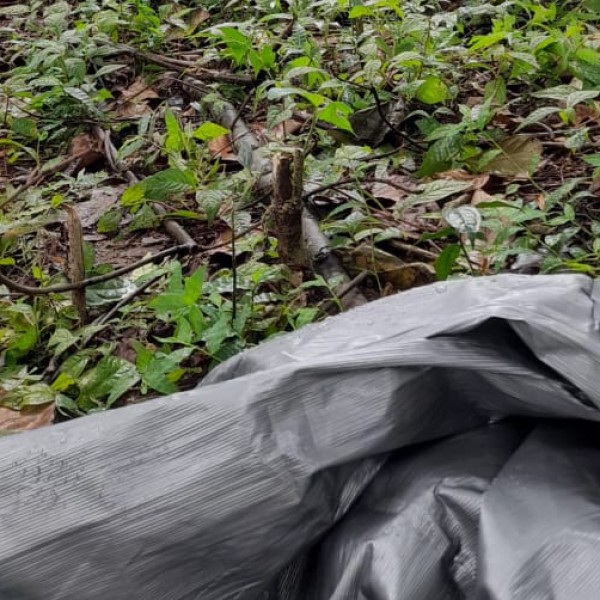About WelcomeTravelerIndia.com
India is a land of extraordinary contrasts, where ancient traditions meet modern innovation, and natural wonders coexist with vibrant cities.
India is a land of extraordinary contrasts, where ancient traditions meet modern innovation, and natural wonders coexist with vibrant cities.

General Overview
Tourist Attractions
Economy
Connectivity
Climate
Festivals